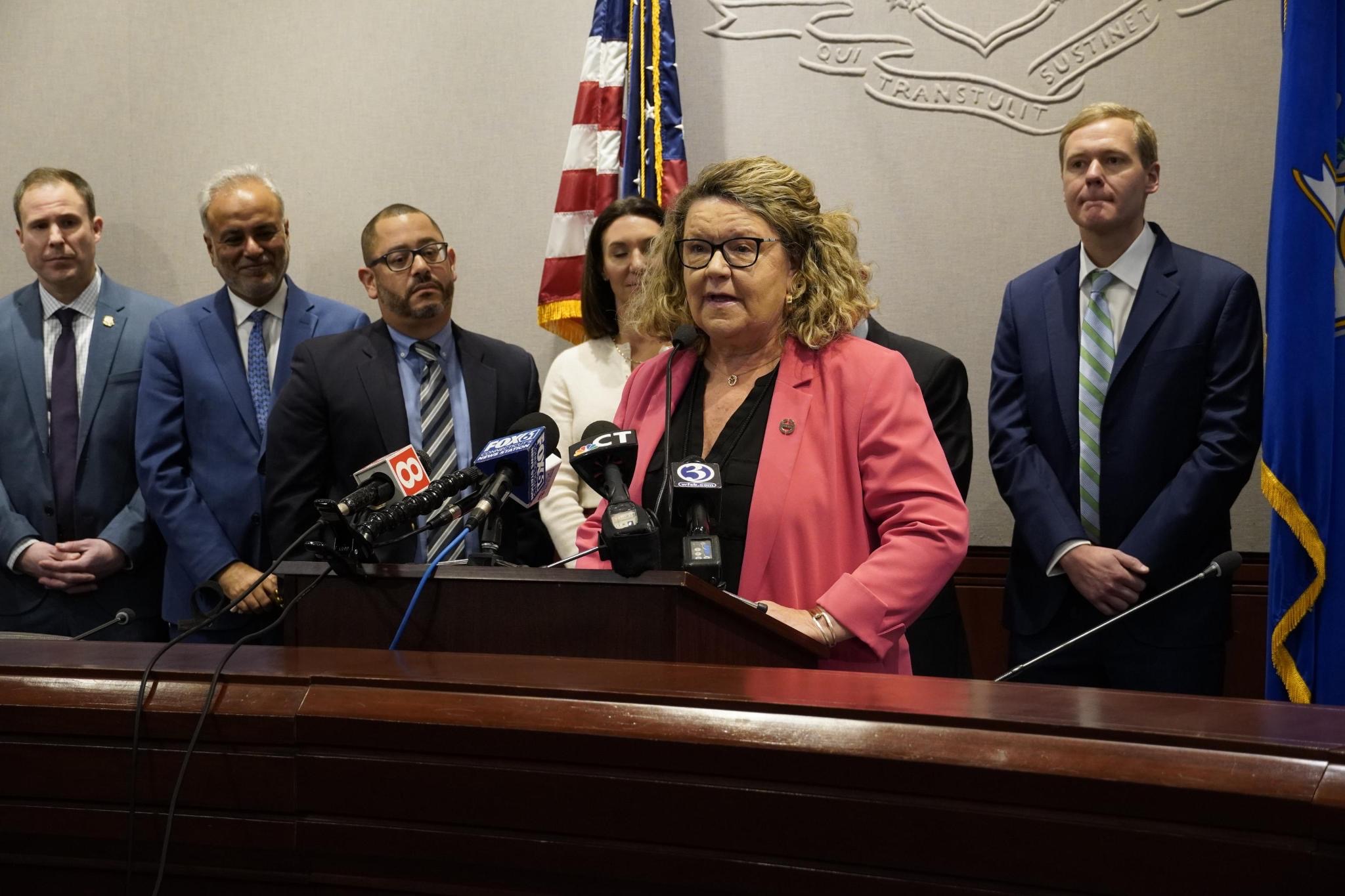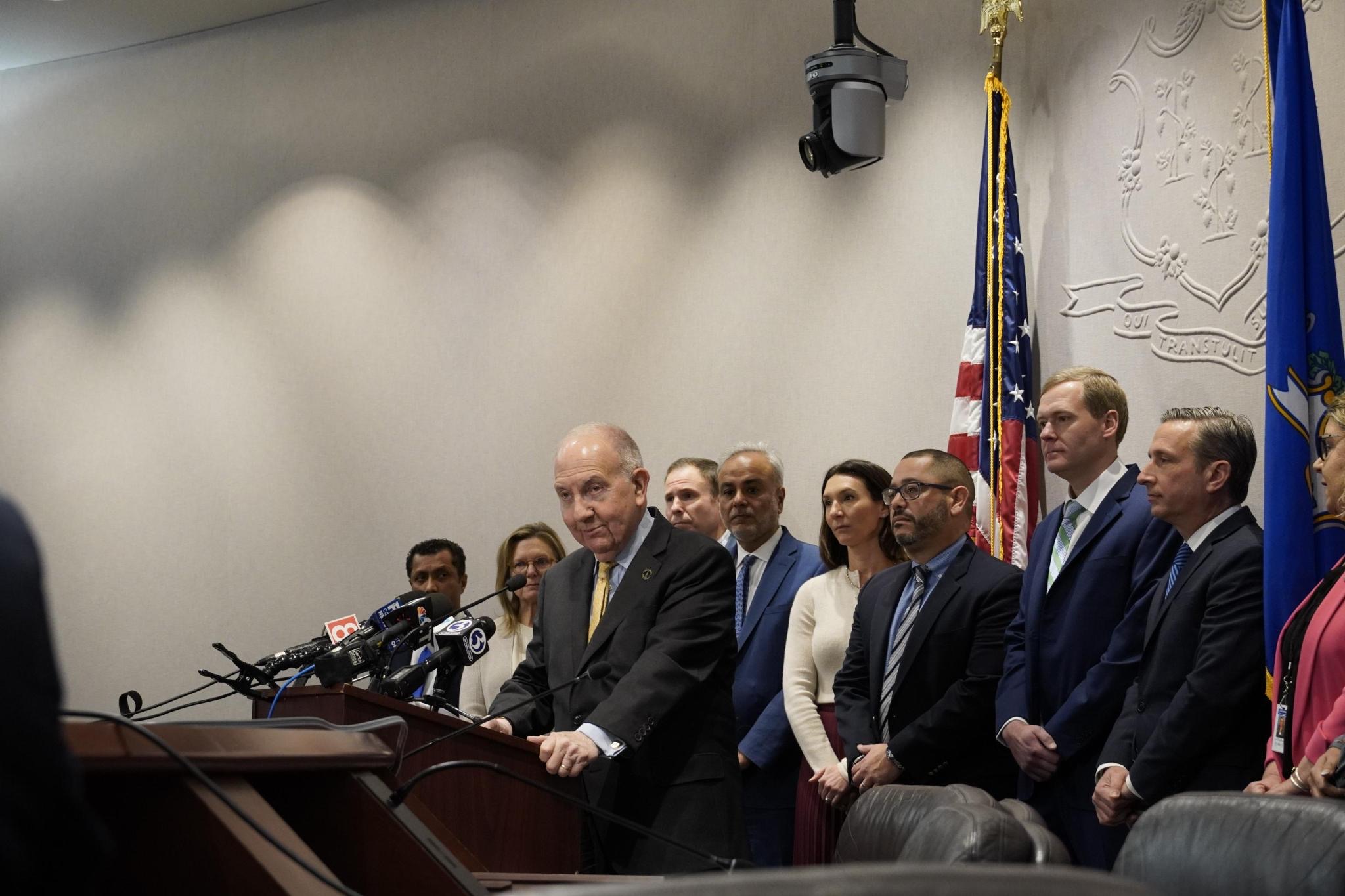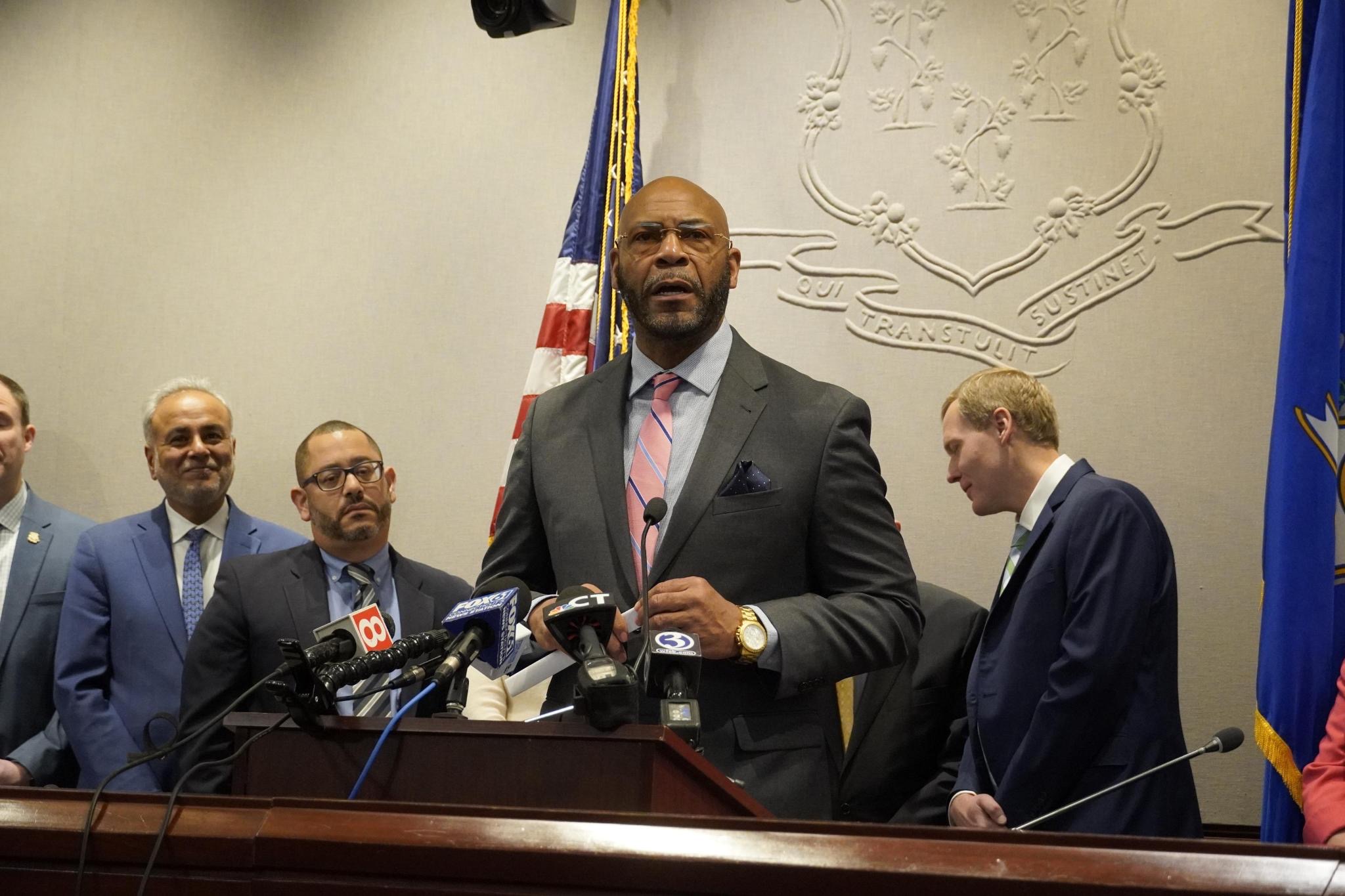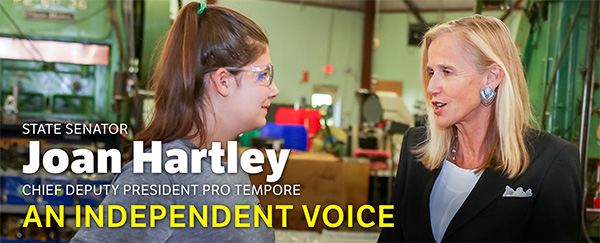
Senate Democrats Announce Priority Legislation on Education and Housing
Today, Senate President Pro Tempore Martin M. Looney (D-New Haven), Senate Majority Leader Bob Duff (D-Norwalk), Senator Doug McCrory (D-Hartford), Senator Martha Marx (D-New London), and Senator Sujata Gadkar-Wilcox (D-Trumbull) joined their colleagues in the House of Representatives to announce priority legislation regarding education and housing for the 2025 legislative session. More information on the two Senate Bills is below.
Senate Bill 1: An Act Increasing Resources for Students, Schools, and Special Education
Connecticut has made consistent and deliberate strides to increase its support of education over the last several years. State budgets adopted by the General Assembly have boosted funding for education by a total of $364 million since fiscal year 2023. The legislature supplemented this support with an additional $150 million dedicated to Education Cost Sharing Grants.
This year, Senate Democrats aim to build on that progress by continuing to invest in Connecticut’s children while supporting towns and cities. Alongside increased funding, the legislature will prioritize reforms to enhance state oversight of boards of education and improve transparency in how education dollars are allocated and spent.
These reforms are essential to ensuring that taxpayer investments directly benefit students, focusing resources where they matter most: in the classroom.
Senate Democrats will specifically focus on assisting Connecticut communities struggling with a growing need for special education services. Special education programs are essential but costly, placing a significant financial strain on municipalities. The enrollment of a student with special needs can create unexpected challenges for local budgets.
One of the ways in which Connecticut provides financial assistance to towns and cities for special education services is through the Excess Cost Grant program. This program is designed to offset significant expenses associated with educating certain students with special needs.
In 2022, the legislature amended the Excess Cost Grant program to create a tiered reimbursement structure to ensure that the state’s poorest municipalities were given funding priority. Meanwhile, state budgets have increased funding for the grants by $50 million over the last two fiscal years.
However, these efforts have not been enough to keep pace with significant increases in the need for additional special education funding experienced by Connecticut towns and cities. From fiscal year 2022 to fiscal year 2023, the estimated cost of fully funding the Excess Cost Sharing Grant program surged from $175.7 million to $203.8 million. That number climbed to $255.1 million in fiscal year 2024.
Local communities must not continue to bear this growing and unpredictable financial burden with inadequate support. Addressing the rising costs of special education requires a stronger commitment from the state. Senate Democrats will work this session to ensure that every student receives a quality education regardless of their needs.
Senate Bill 12: An Act Concerning Connecticut’s Housing Needs
Connecticut needs more housing units to meet its economic needs. According to the Department of Labor, the state had 73,000 open jobs at the beginning of 2025, but low housing availability and high pressure on the housing market are impacting our ability to fill those jobs.
According to the Urban Institute, in a 2021 study commissioned by the Department of Housing and Department of Social Services, there’s a housing gap in Connecticut of nearly 90,000 units to support the population as a whole. The National Low Income Housing Coalition has a similar finding that the state needs nearly 100,000 units to increase affordability and help residents.
A higher prevalence of housing units benefits the economy, not only in filling available jobs but also in reducing pressure on renters. Reducing rents for residents provides them with more money left in their pockets, which allows for increased spending and bolsters the state’s economy. Connecticut renters on average spend about a third of their income on rent, which is considered a burden. Meanwhile, housing prices grew 7% year-to-year from 2023 to 2024, with housing stock too low and the housing market remaining wildly competitive. Connecticut has an apartment vacancy rate of just 3.5%, one of the lowest in the country; the national average is nearly double at 6.6%.
The continued housing crisis also creates societal and educational impacts. A 2024 Dalio Education report found that at-risk youth are hampered in their efforts by a lack of affordable housing—a third of the questioned individuals needed to live with friends or family to pursue opportunities. The report also found that the failures of the housing system impacted youth’s opportunities to succeed.
Housing costs also sever the connections we form in our communities, making it harder for families to stay together over time. According to the National Center for Education Statistics, 76% of all students seeking an undergraduate degree in the U.S. stay in-state for college. In Connecticut, the number drops to 61%. Fewer local opportunities to house new college graduates lead to children and qualified workers leaving for other states.
As towns lose population corresponding reductions in school populations strain our local education systems.
Consumer Reports considers Connecticut the worst state for renters due to high costs and low availability, with a high income-to-rent ratio dinging its results.
The Connecticut Economic Digest reported in 2024 that inventory is down and prices are increasing, with the state’s monthly housing inventory falling from up to 20,000 units pre-pandemic to as low as 3,071 in February 2024, with the median number of days a home is on the market falling from 50-80 days pre-pandemic to 18 post-pandemic.
Senate Democrats will pursue legislation this year to increase the production of all types of housing in the state. The creation of more housing units saturates the market and reduces pressures, with a long-term goal of stabilizing and reducing excessive costs impacting individuals, families, and businesses statewide. There is no single type of housing that will solve our housing crisis.
Solutions may include changes to zoning approaches to expand housing capability in communities, regulatory reform, development with a specific focus on local transportation options, and further advances in the state’s successful efforts to subsidize projects creating new units.











